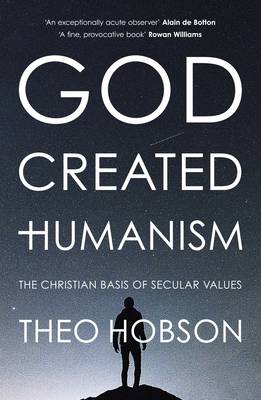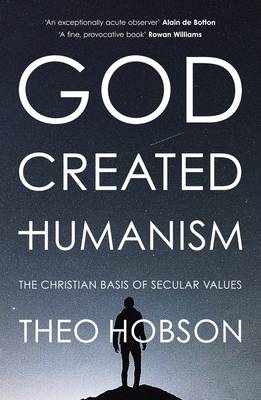
- Retrait gratuit dans votre magasin Club
- 7.000.000 titres dans notre catalogue
- Payer en toute sécurité
- Toujours un magasin près de chez vous
- Retrait gratuit dans votre magasin Club
- 7.000.0000 titres dans notre catalogue
- Payer en toute sécurité
- Toujours un magasin près de chez vous
Description
In this compelling account of the origins and evolution of our secular worldview, Theo Hobson shows how Christian values continue to underpin our public morality, how faith remains indispensable to Western humanism, and how atheistic humanism represeents a dead end. At the same time, he offers a timely warning against the dangers of a religious-secular culture war, given the radically politicized and destructive forms of religion endemic in the world today.
Here is a fresh and provocative argument about religion and politics - but one that doesn't fit into the normal boxes. It suggests that although the public creed of the West is best described as 'secular humanism' we can only really understand and affirm secular humanism if we see how firmly it is based on Christian norms and values. If we don't, the West is divided: mired in a stagnant stand-off between fundamentalist atheism and an equally hard-line Christian theism.
This book offers a more nuanced and historically more persuasive way forward, showing just how much our secular morality owes to Christianity, and how it can only find coherence through a new and positive view of its origins.
Contents
Introduction
1 The ideology in the room
2 Sowing the seeds
3 Mutations of Protestantism
4 Struggling to be born
5 The secular century
6 In our time
7 So what? How is Christianity credible?
Spécifications
Parties prenantes
- Auteur(s) :
- Editeur:
Contenu
- Nombre de pages :
- 208
- Langue:
- Anglais
Caractéristiques
- EAN:
- 9780281077434
- Date de parution :
- 15-03-18
- Format:
- Livre broché
- Format numérique:
- Trade paperback (VS)
- Dimensions :
- 127 mm x 196 mm
- Poids :
- 249 g

Les avis
Nous publions uniquement les avis qui respectent les conditions requises. Consultez nos conditions pour les avis.






